Two EVs at Plymouth State University delivered 1 MWh over 6 months with Fermata Energy bidirectional charging platform
Green Car Congress
MARCH 29, 2023
Two Nissan LEAF electric vehicles (EVs) at the Plymouth State University (PSU) provided 1 MWh of energy to the PSU’s ALLWell Center, offsetting some of the building’s electricity needs, over a six-month period. The Nissan LEAF is one of the few EVs currently on the road and able to participate in bidirectional charging.

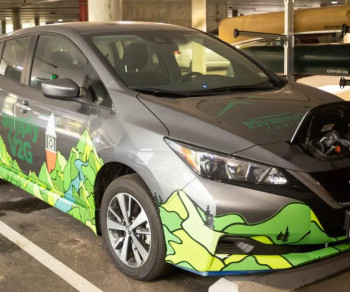

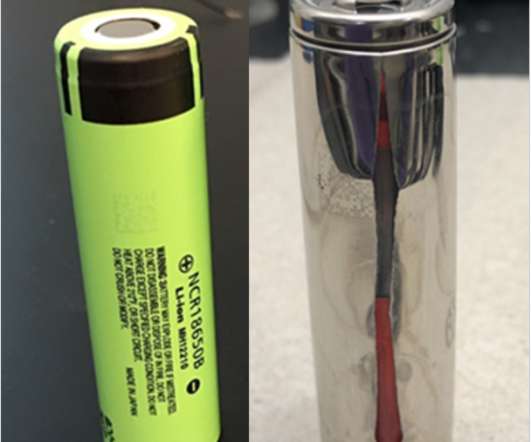






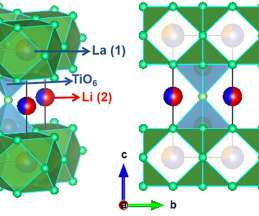


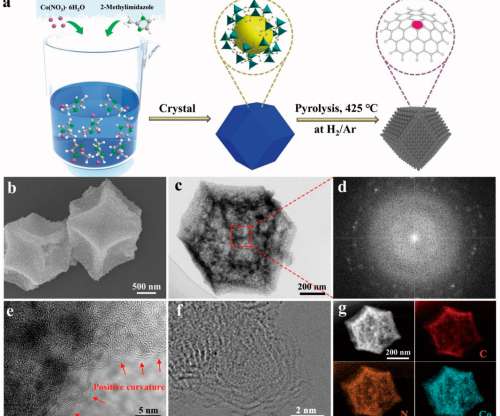

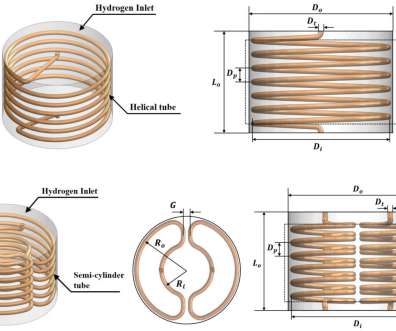
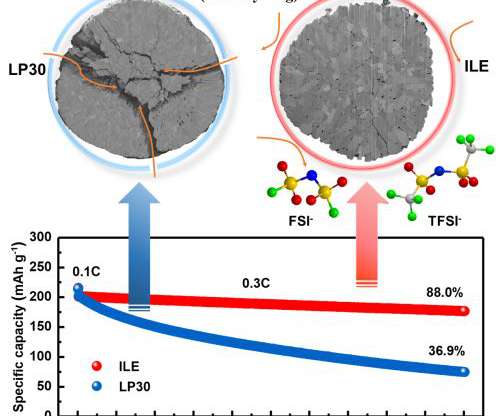
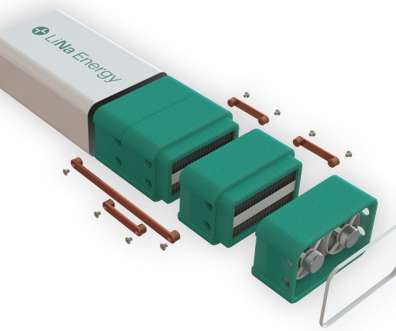

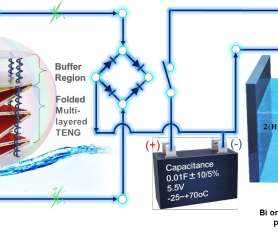
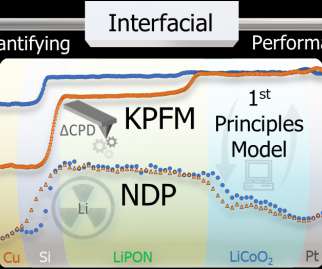
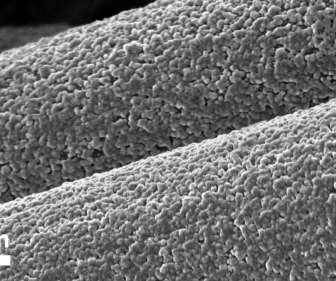
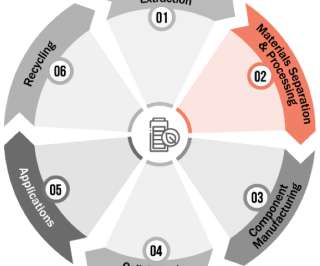







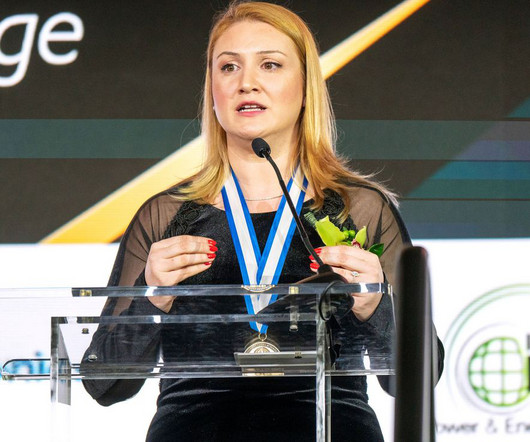
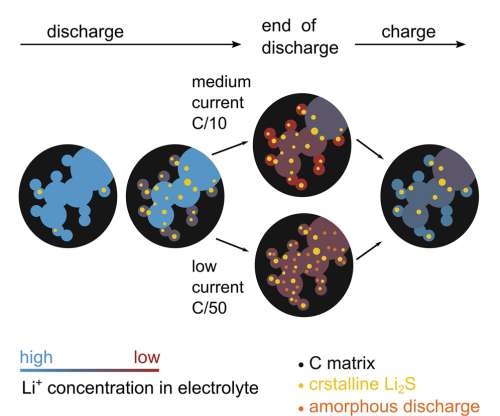
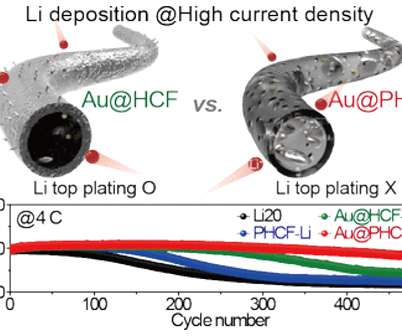







Let's personalize your content